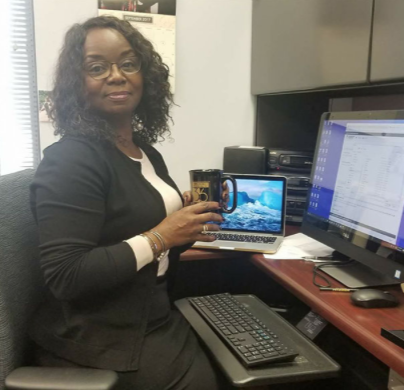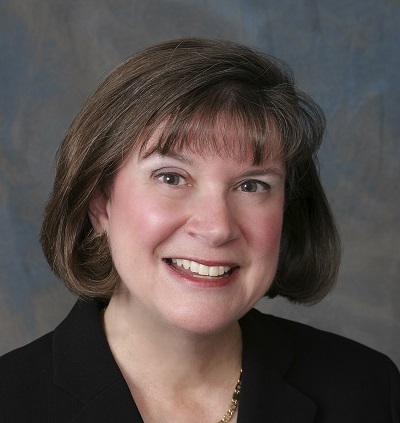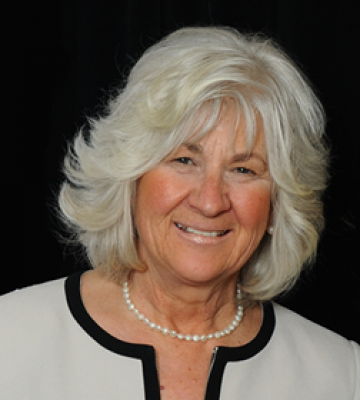Tag: CPB
Under new leadership, struggling Iowa station looks to reinvent itself to survive
KBBG aims to strengthen community support by refreshing its music mix and beefing up local reporting.Senate panel proposes level FY21 funding for CPB, $20M for interconnection
The final legislation is expected to come before the full Appropriations panel for a vote Thursday.IG advises CPB to tighten rules for calculating stations’ indirect support
A limited-scope audit of two university-owned stations found "significant errors" in accounting of institutional support.CPB analysis finds smaller stations lagging in revenue growth
“We have to put our heads together and figure out how they can remain sustainable,” said CPB's VP of radio.Digital team narrows search for developer of universal pubmedia sign-in
At the PMBA Conference, KQED Chief Digital Officer Tim Olson discussed plans for a shared digital infrastructure for public media.Senate confirms nominations of two CPB Board members
The Senate confirmed the nominations of Ruby Calvert and Laura Gore Ross Thursday.Former WEAA GM claims university inflated expenses in CPB reports
Michele Williams says Morgan State University fired her in May 2017 after she raised concerns about the misreported costs.CPB backs scholarship fund honoring filmmaker Jacquie Jones
The fund, seeded with $300,000 from CPB, will be managed by Black Public Media.CPB names Jan Schaffer as ombudsman
Schaffer founded the J-Lab journalism institute and has taught media entrepreneurship and social journalism.Commerce Committee sends on nominations of two CPB Board members
If approved by the Senate, Ruby Calvert and Laura Gore Ross would serve on the board until 2022.CPB ups federal funding request to $455M for FY21
CPB also asked for $20 million for interconnection and $30 million for Ready To Learn.Organizations unveil details of new purchasing plan for stations
CPB, WGBH and Public Media Co. presented plans to PBS TechCon and Public Radio Engineering Conference attendees.Trump nominates former Wyoming PBS leader for seat on CPB board
If approved by the Senate, Ruby Calvert would serve for the remainder of a six-year term expiring Jan. 31, 2022.PRSS announces stations in Tornado Alley to receive test-alert funding
The project is backed with $419,000 in grants from CPB.Pubcasting orgs decline to support request for ATSC 3.0 must-carry rules
PBS, CPB and American's Public Television Stations said in an FCC filing that they recognize the commission is "not inclined" to back ...





